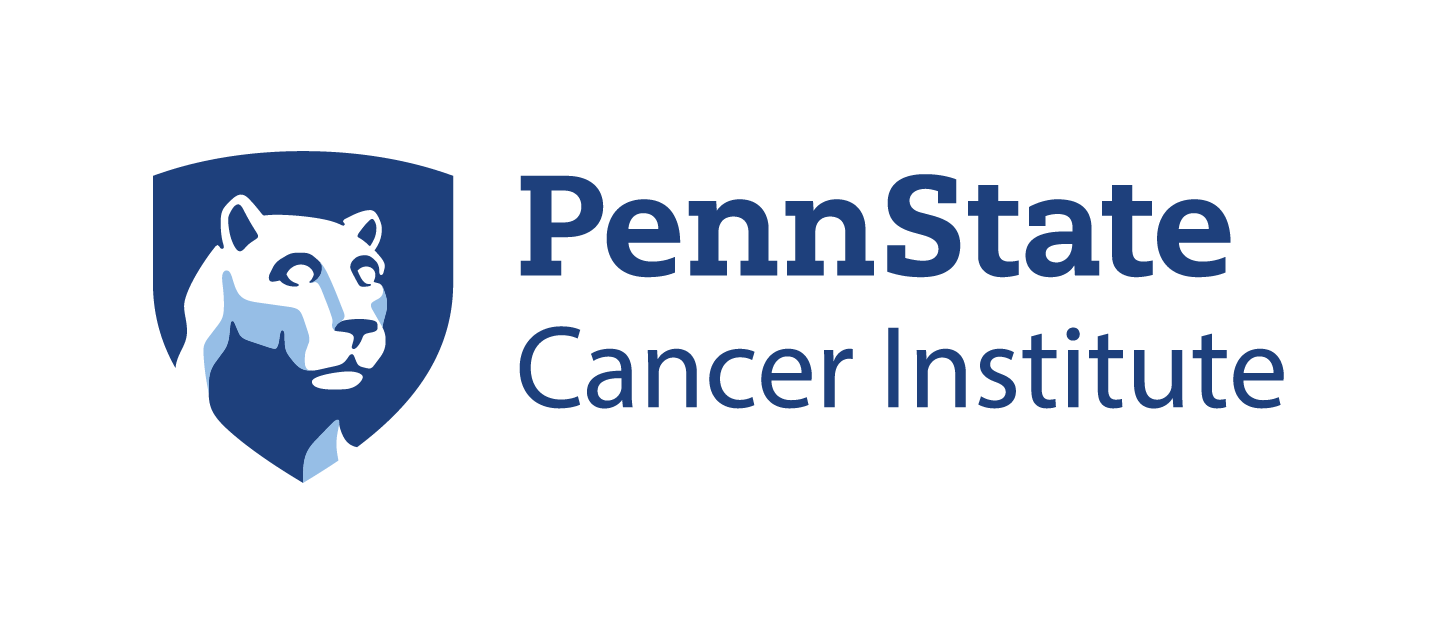The background image is DNA Strands on blue background
Cancer Research Day is Saturday, Oct. 19, 2024
All Penn State students, trainees, faculty and staff interested in cancer research careers are invited to attend the sixth annual Cancer Research Day hybrid event on Saturday, Oct. 19, from 9:30 a.m. to 3:30 p.m. in the Animal, Veterinary and Biomedical Sciences Building on the University Park campus.
Agenda will be posted at a later date.
Event overview
About Cancer Research Day
The annual Cancer Research Day provides attendees with the opportunity to collaborate with peers and learn more about cancer research careers from established research professionals with a variety of backgrounds who can support trainees as they showcase their own research. Event organizers hope students, trainees and faculty are inspired to grow and expand their cancer research careers.
This year’s program features oral talks from current cancer research trainees, a keynote speaker in an established cancer research career and a poster session. Only the keynote and trainee speaker sessions will be live-streamed.
Those invited to attend include:
- Undergraduate students
- Medical students
- Graduate students
- Postdoctoral scholars
- Residents and fellows
- Faculty
- Staff
Featured speakers
Keynote Speaker
Kate Barrientos
Associate Director, International Immuno-Oncology Network (II-ON)
Bristol Myers Squibb
Kate Barrientos
Associate Director, International Immuno-Oncology Network (II-ON)
Bristol Myers Squibb
The background image is A photo showing the Cancer Institute building
For more information
With questions about the event, contact Amy Savastio-Ladd:
- Phone: 717-531-7174
- Email: crtec@psu.edu
